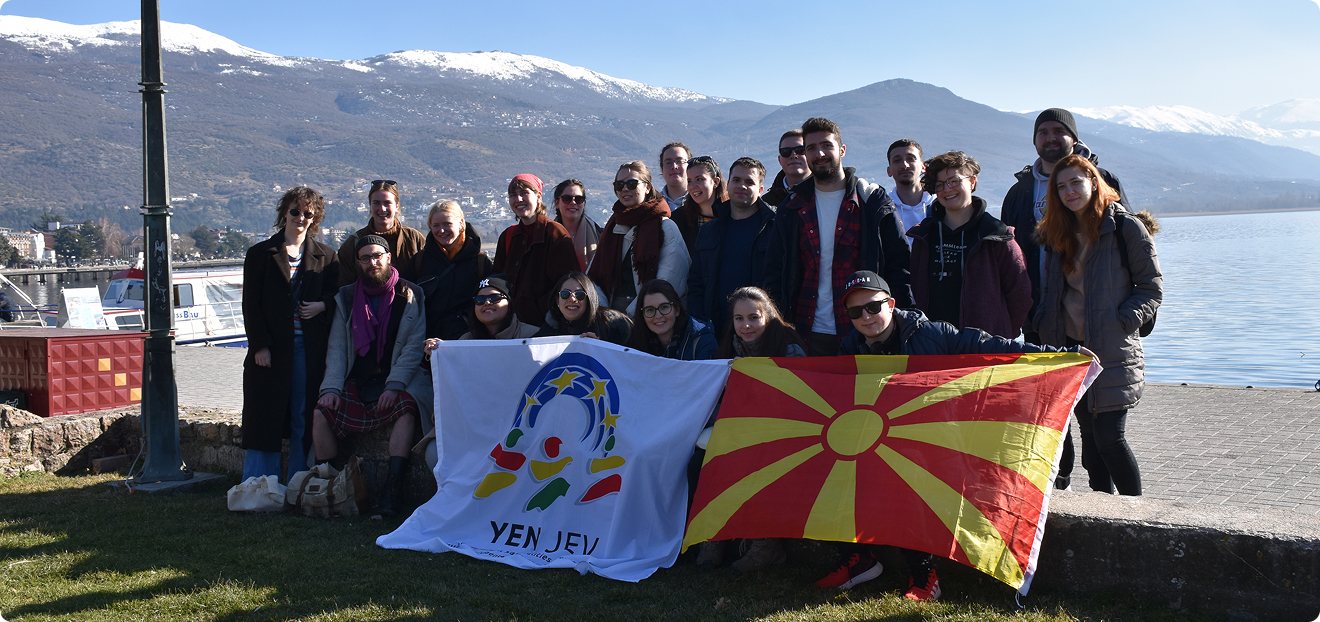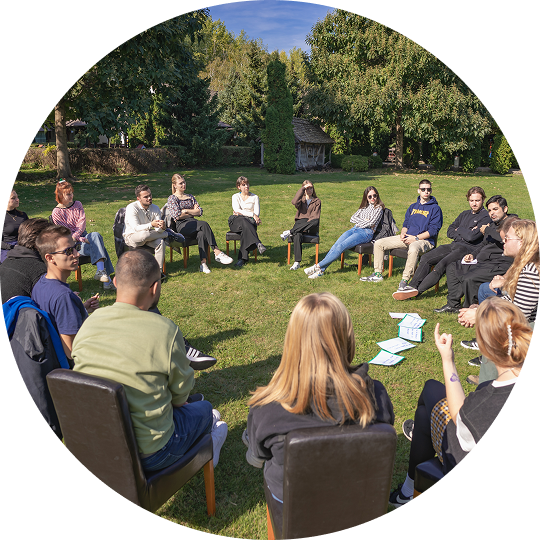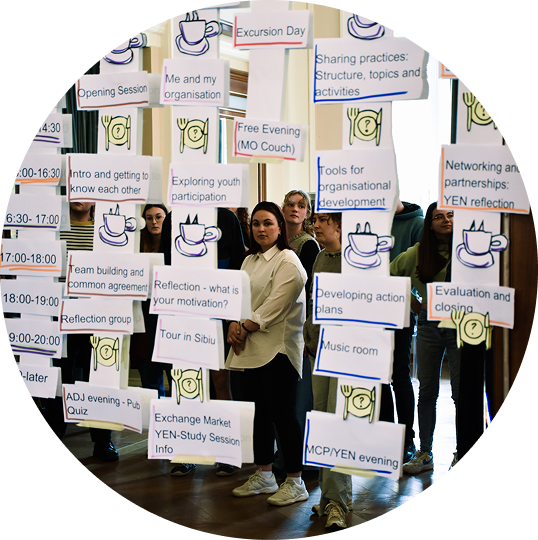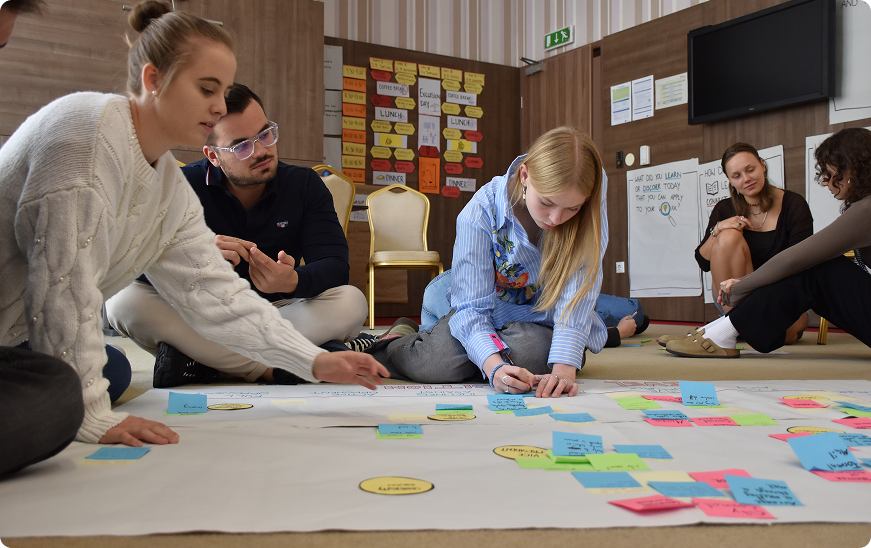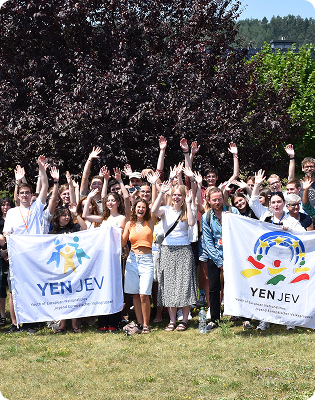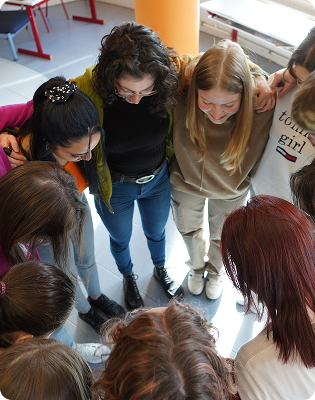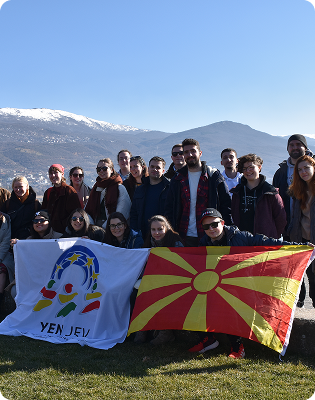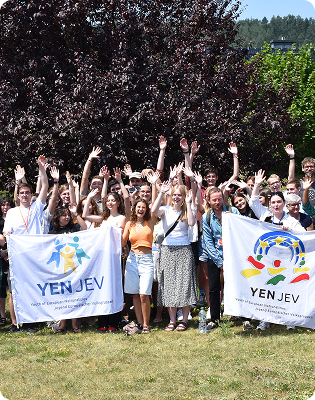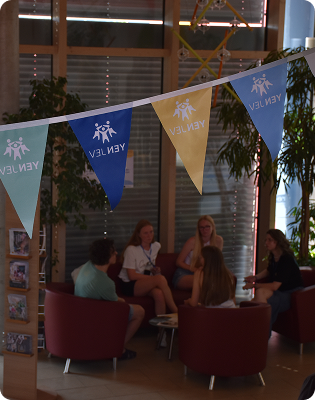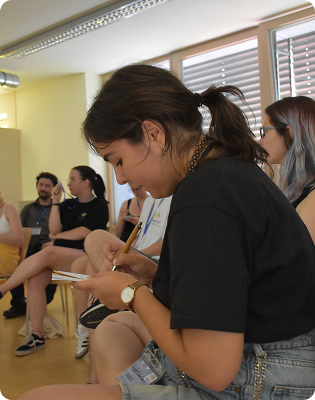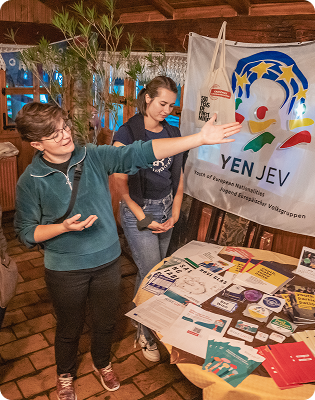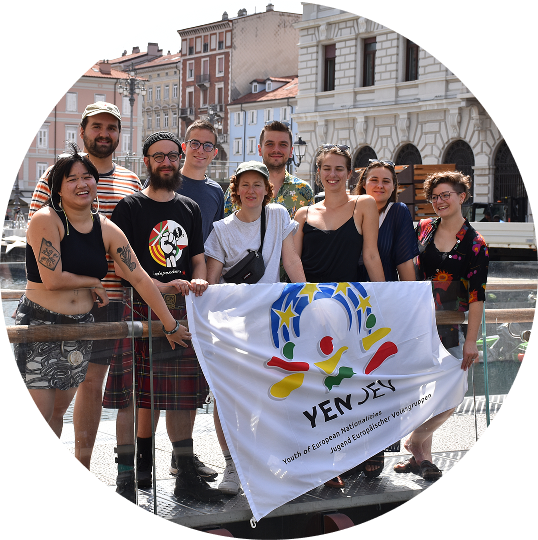The definition of it varies from state to state, some minority groups are denied recognition in general and therefore are not visible as minorities and simply difficult to identify and count. Organisations advocating for minority rights assume that there are more than 400 minority groups on the European continent with more than 100 million people belonging to autochthonous minorities.
This means that one in seven Europeans is part of an autochthonous minority or speaks a regional or minority language. The EU recognizes 24 official languages and over 60 indigenous regional or minority

